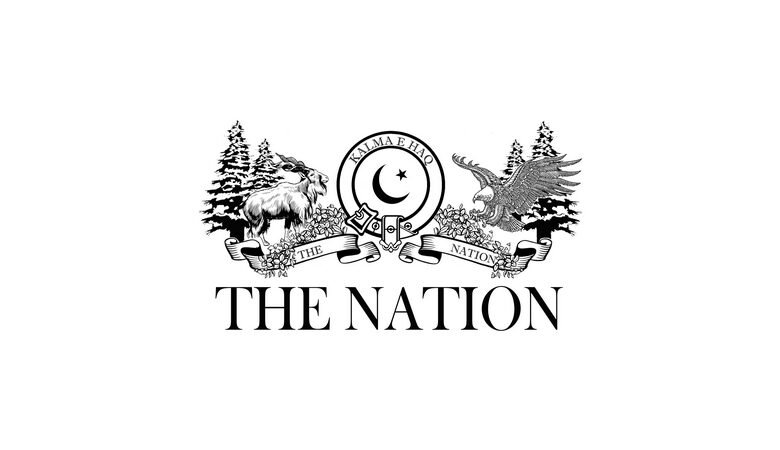
HYDERABAD – The Sindh Abadgar Board (SAB), a group lobbying for the rights of the agrarians, has congratulated all the new federal and provincial governments, expressing the hope that they would give due importance to the agriculture sector which was confronting myriads of problems. A meeting of the SAB here the other, presided by Mahmood Nawaz Shah, also drew the government’s attention towards the problems which required their immediate attention and action, according to a press statement.
The board’s members from different districts expressed their deep concern on increasing prices of inputs and irregularity in selling of fertilisers.
They pointed out that the price of urea, which was the highest used fertiliser in Pakistan, was rising every other month, having witnessed a hike from Rs2,900 a bag to Rs4,649 in the last 12 months. The farmers claimed that urea was not available even at the inflated price of Rs4,649 a bag in most of the areas. The SAB complained that the prices were enhanced overnight and the companies and their dealers make billions of rupees in additional income by selling the old stock at the new rates.
They told that during the outgoing winter sowing season the Maximum Retail Price (MRP) of a bag of urea was Rs3,650 but the dealers used to extort between Rs4,500 to Rs5,400 for a bag from the growers. “According to the SAB’s estimates, the fertiliser companies and their dealers minted between Rs60 to Rs70 billion over and above the MRP in the last 6 months alone,” the statement reads. The board urged the government to strictly regulate the prices of urea and to bring an order to the urea business. The growers complained that the prices of DAP, potash, pesticides, other nutrients and fuel were also rising day by day without any check and balance. The SAB maintained that the ceaseless artificial inflation in the prices of the agricultural inputs was not only harming the farmers, but the people who use or consume the agricultural produce were also being to pay exorbitant prices.
The board said by regulating the input prices the government could not only prevent the agricultural economy but the public at large which was reeling from historically high inflation. The agriculturists at the meeting also highlighted the issues pertaining to quality and availability of the seeds of various crops. They said non-availability of quality seed continued to be one of the major stumbling blocks to enhancing the yields.
“On one side the weaknesses in research and development and on the other side lack of availability of quality seed from the existing gene pool is adding to low yields and low productivity,” the members said. The SAB recommended some important measures to address the problem. The farmers pointed out that the meetings of the Provincial Seed Council, which conducts registration of the seeds, were not being held regularly, recalling that the last meeting in Sindh took place over a year ago. In such a situation the growers were left with no option but to continue to use the seeds which were either obsolete or adulterated, they lamented. They said biotechnology was completely being ignored in Pakistan at a time when the country should embark on the use of such a technology in the research and development of the seeds in collaboration with the private sector.
They said the technology could help develop seeds which were resilient to climate change, droughts, pests and diseases. The SAB complained that against the international standard of 80 percent germination of the cotton seed, the seed with around 50 percent germination was being sold in Pakistan.


